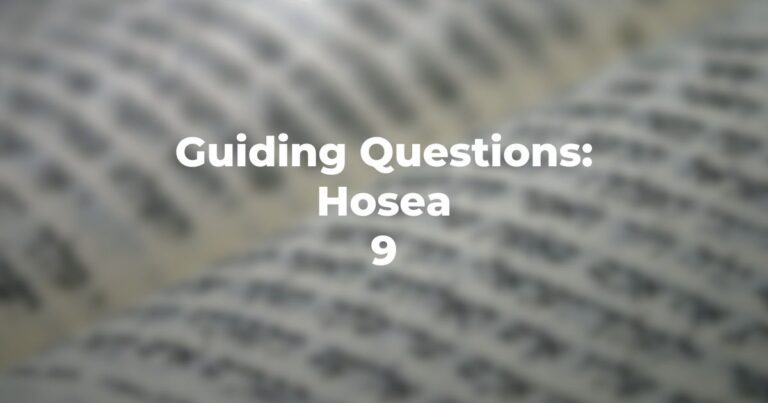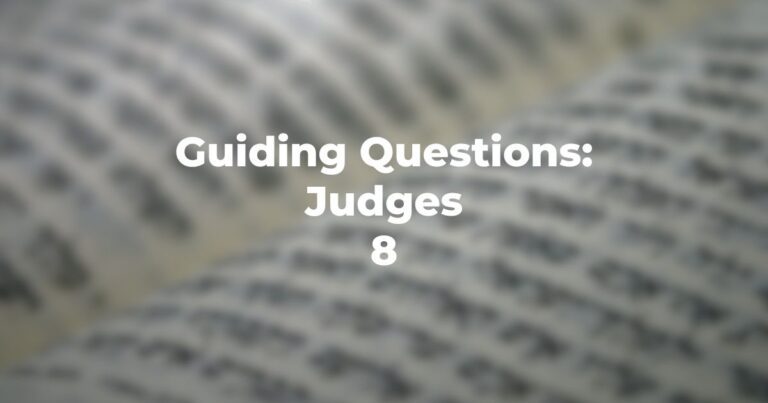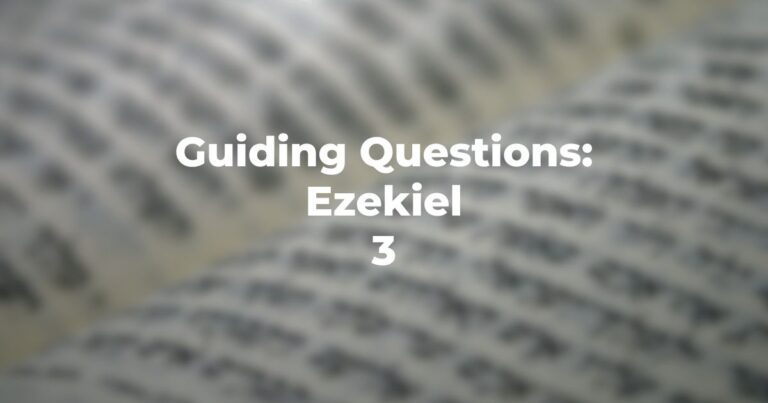- Eliphaz shifts from general observations to a direct address to Job. Does he appear unsympathetic, even a bit cruel in his opening remarks (Job 5:1)?
- Does Eliphaz suggest that fools are responsible for their own undoing (Job 5:2-7)? If so, what does that say about who controls man’s destiny?
- What belief is behind Eliphaz’s imprecation against a fool’s children?
- What is the point of the metaphor of sparks flying upward (Job 5:7)?
- Does Eliphaz’s praise of God’s wonders provide comfort to Job (Job 5:8-16)?
- What is the connection between God’s control over the forces of nature (Job 5:10) and his treatment of the needy and the “crafty” (Job 5:11-16)?
- Does the discourse about God confirm to a traditional Jewish view?
- In Job 5:19, what is the significance of the numbers 6 and 7?
- What is the meaning of alliances with “rocks in the field” and “beasts of the field” (Job 5:23)?
- What is the meaning of “when you visit your wife (or home — see JPS Footnote) you will never fail” (Job 5:24)? Another version reads “when you visit your home, you will find no one missing.” How do the two versions differ?
- Who are the “we” to whom Eliphaz refers in Job 5:27? Do you accept his rather dogmatic assertion at the end of the chapter?
- Does Eliphaz’s discourse on the ways of God in the affairs of humanity provide comfort to Job (Job 5:17-27)? What is the basic message in this segment? How does it jibe with Job’s suffering?
Author
-

Exploring Judaism is the digital home for Conservative/Masorti Judaism, embracing the beauty and complexity of Judaism, and our personal search for meaning, learning, and connecting. Our goal is to create content based on three core framing: Meaning-Making (Why?), Practical Living (How?), and Explainers (What?).
View all posts





